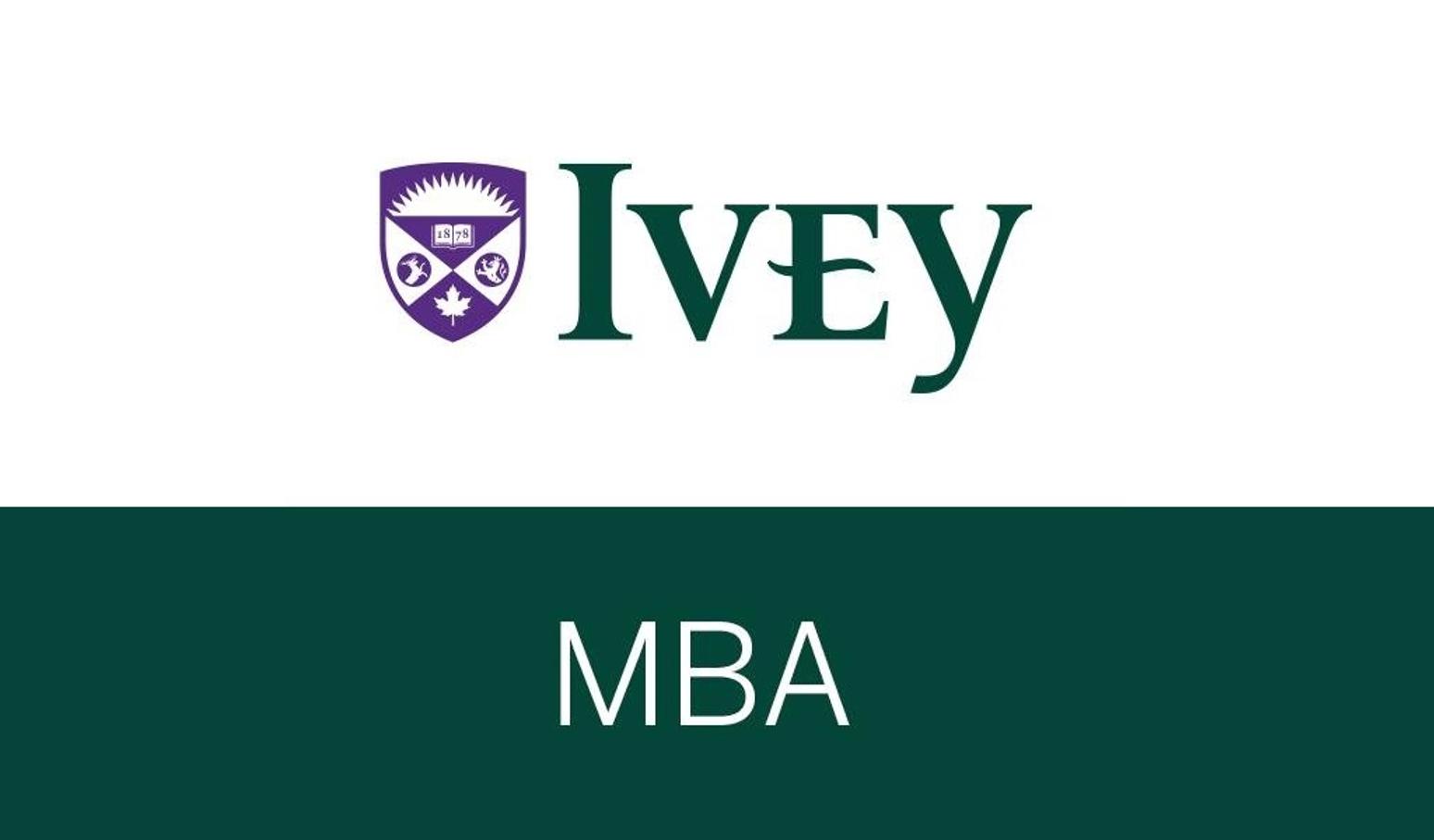Fun. Engaging. Challenging. Practical. These are words that I often hear from those who just participated in our First Class on the Road Session.
For those who don’t know, Ivey’s First Class on the Road (FCOTR) event is a chance for you to experience the Ivey case-method of learning. You will get a taste of life in the Ivey MBA classroom, with an Ivey faculty member facilitating the class while YOU participate in the case discussion with other candidates and Ivey alumni.
The case-method is not a “spectator sport” where one sits and soaks the information from the professor, as you may be used to from your undergraduate days. Watch and listen to our MBA student explain the difference between case-based learning vs. lecture.
Very quickly, Ivey students learn the importance of individual preparation and how essential it is to the case-discussion. Typically, our students spend about 1.5 to 3 hours (depending on case length and complexity) preparing for each case. If you are coming to a FCOTR event, you may want to consider the following steps our students take when they prepare for their cases:
They read the assignment questions before reading the case. Each case has assignment questions that are used to guide the individual analysis and class discussion.
They get an overview of the case. They begin by reading the first couple of paragraphs, the last paragraph, and the charts/exhibits to get an overview of what the case is about.
They understand whose shoes they are wearing. They identify who the decision maker is, their title/position, the issue and its importance, and the urgency of the decision.
They read the entire case. They highlight key facts that will later support their analysis. Most often, they use the margins to jot down notes/thoughts, so they can easily refer to case facts during the class.
They analyze the issue and come up with answers to the assignment questions. By the time class begins, they are ready to share with others what they would do. They use readings, case facts, and their experience to come up with alternatives. They analyze them, make a decision, and create an action plan.
Another component that is essential to the case-method is student participation. Here are five things our students do to enhance in-class participation:
They are comfortable. We create a safe learning environment as our students get to know one another by working together in teams and socializing outside of class. If you are coming to a FCOTR event, arrive early and use this time to introduce yourself to the other participants. A good ice-breaker is to ask others what they thought of the case.
They contribute to the discussion. The case discussion is only as good as what people contribute. Our students are willing to teach others by sharing their ideas, analysis, and relevant experience with the class.
They are open. They actively listen to their peers – their experience and analysis. They are ready to learn from the instructor and fellow classmates.
They are respectful. For learning to take place, there needs to be an environment of respect, trust, and openness. From time to time, disagreements do happen and they are handled in a positive manner.
They risk it, and take a stand. Though opinions change throughout the discussion, our students refuse to sit on the fence. Our students are encouraged to experiment and take risks. The case-method is not about having the answer to every question and being 100% right. There is no penalty of giving an incorrect answer during class. Sometimes, in this environment, being wrong can be more helpful to the discussion than being right.
FCOTR – Coming to a city near you
This year, we will host FCOTR in different cities across Canada (Toronto, Montreal, Calgary, and Vancouver,) and around the world (New Delhi, Beijing, Shanghai, Sao Paulo, and Lima). If you plan to attend one of these events, take the above into consideration and you will be well on your way to making the most out of FCOTR.
Stay tuned to www.ivey.ca/mba for the latest event listings.
